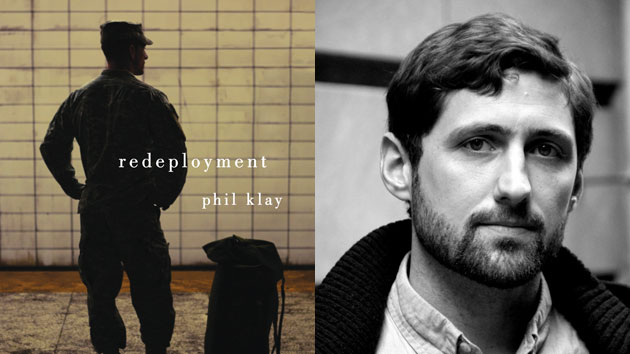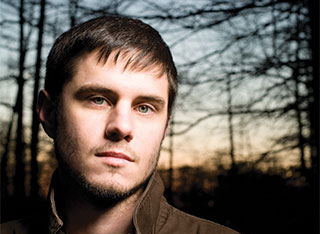
We asked a range of authors and creative types to name books that bring solace or understanding in this age of rancor. More than two dozen responded. Here are picks from author Phil Klay, who served in Iraq prior to landing on the New York Times bestseller list for his riveting fictional stories of war and the experience of coming home.
Latest book: Redeployment
Reading recommendations: I’ve been reading A. Scott Berg’s anthology World War I and America, a fascinating collection of essays, articles, diary entries, and speeches from 1914 to 1921. Among the riches there are several articles by W.E.B. Du Bois and James Wheldon Johnson, showing first-rate minds grappling with which political course to advocate in a world gripped by a massive war abroad while black Americans routinely faced horrific acts of domestic terrorism.
I’ve also been thinking increasingly about Teddy Roosevelt’s 1883 speech “The Duties of American Citizenship.” Though some of his positions are dated—”the ideal citizen must be the father of many healthy children”—so much of it holds up as solid, practical advice in how to go about creating political change. Roosevelt continually stresses the hard work of building up organizations and institutions as the key component of American political life. “A great many of our men in business,” he says, “rather plume themselves upon being good citizens if they even vote; yet voting is the very least of their duties.” (Sadly, he has little to say on the possibility of tweeting your way to a greater democracy.)
Few things make me happier than reading Sandra Boynton’s Muu, Bee, Así Fue to my 14-month-old son. I don’t know if there’s any direct link between that book, which is mostly an excuse to make animal noises, and our current moment of political rancor, but I’d like to believe that the process of reading to my child is slowly teaching me to be a kinder person.
_______
The complete series: Daniel Alarcón, Kwame Alexander, Margaret Atwood, W. Kamau Bell, Ana Castillo, Jeff Chang, T Cooper, Michael Eric Dyson, Dave Eggers, Reza Farazmand, William Gibson, Mohsin Hamid, Piper Kerman, Phil Klay, Alex Kotlowitz, Bill McKibben, Rabbi Jack Moline, Siddhartha Mukherjee, Peggy Orenstein, Wendy C. Ortiz, Darryl Pinckney, Joe Romm, Karen Russell, George Saunders, Tracy K. Smith, Ayelet Waldman, Jesmyn Ward, and Gene Luen Yang.
















